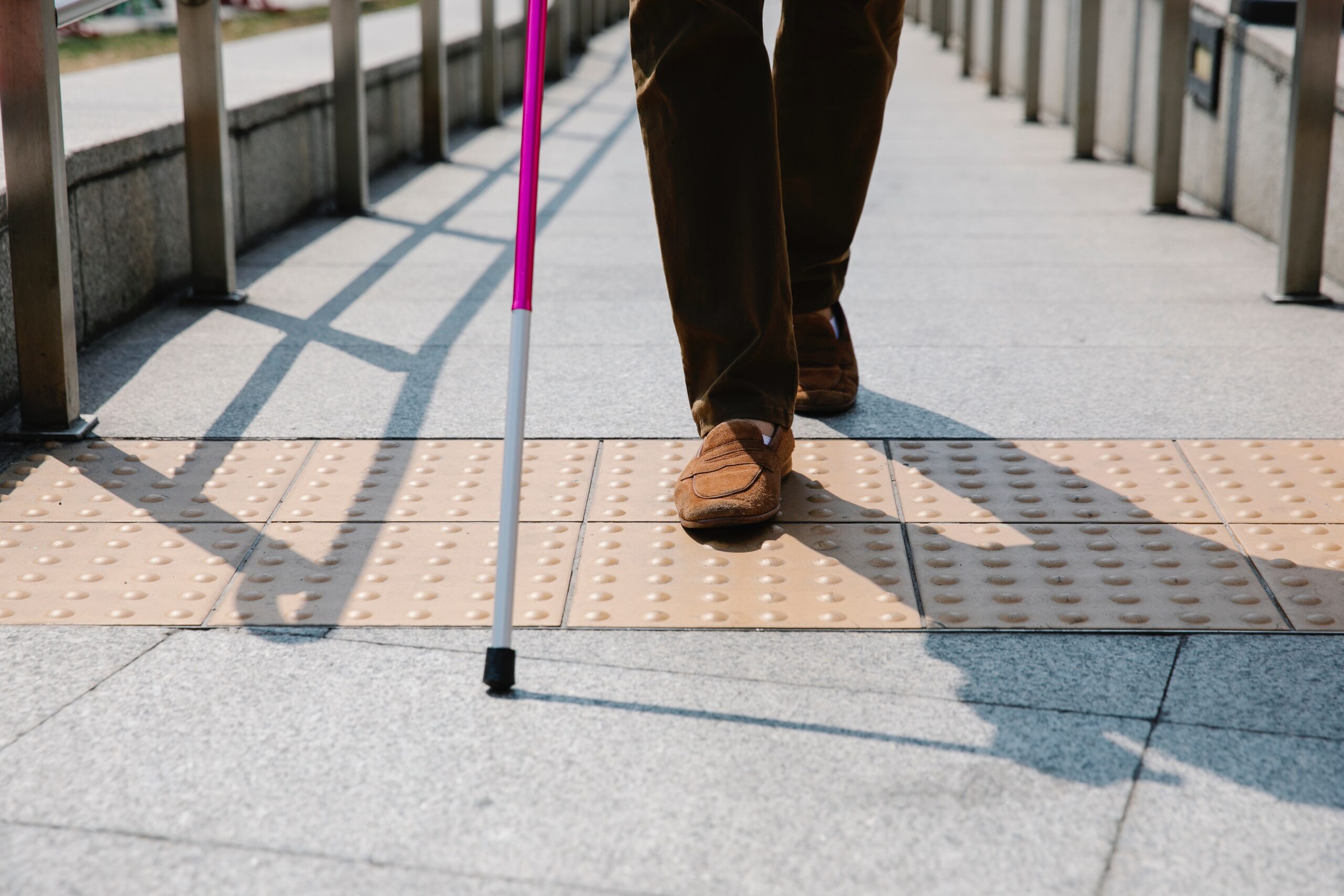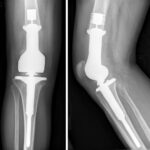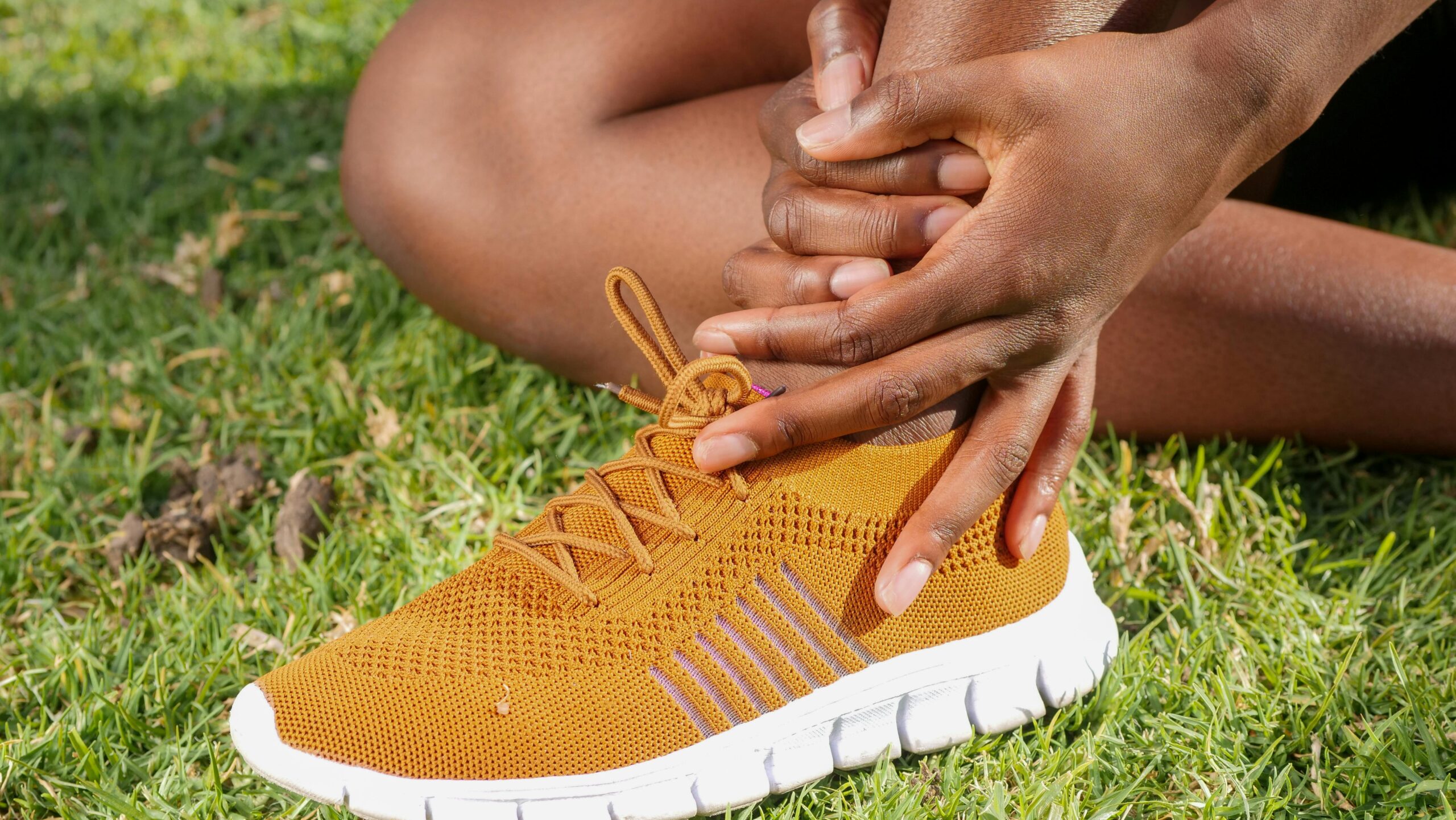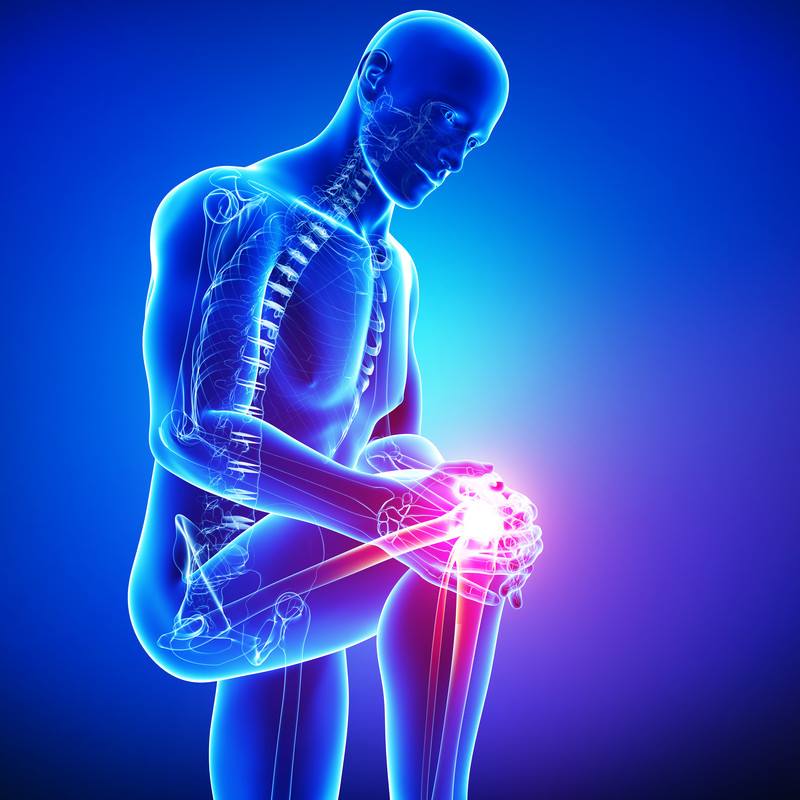
Challenges of Walking Difficulty
Walking difficulty may include problems standing or moving. Difficulty walking is a common symptom caused by a brain tumor, and may occur if any of the following symptoms are present:
- Weakness in one foot/leg or both feet/legs
- Change in sensation (burning, pins and needles) or numbness in one leg or both
- Difficulty with balance or feeling unsteady
- Fatigue
Difficulties in walking can result in injuries and broken bones.
Ways to Manage Walking Difficulties
- Keep a log if you have difficulty walking and what you are doing to manage it.
- Take precautions to avoid falls.
- When standing, go slow and hold onto something.
- Be careful on the stairs and always use handrails.
- Install non-skid surfaces in the bath and other slippery spots in your home.
- Remove throw rugs and mats, and clear walkways of extra furniture.
- Make sure your room is well lit so you can see where your feet are.
- Talk to your health care provider about whether assistive devices, including canes and walkers, may be needed to improve your balance or support areas of weakness.
- A referral to a physical or occupational therapist may be helpful to assess what assistive devices would be helpful, plan exercises, and learn how to move around safely.
- Wear well-fitting shoes. Orthopedic shoes or gel sole inserts may help lessen discomfort while walking.
- A home safety evaluation can be ordered by your health care professional to evaluate your home. They will make suggestions for any modifications that are needed to maintain your safety.
Some self-care activities you can do to improve your pain can include diet, exercise, sleep and medication.
- Difficulty walking may make it hard to do certain types of exercises. Talk to your doctor before starting any exercises to determine what exercise is right for you.
- If you have weakness on one side of your body related to your tumor, corticosteroids may be prescribed. These medication side effects can cause weakness in your hips, making standing up difficult and can impact your sleep, causing fatigue and lower your energy level. Take your medication exactly as prescribed and talk to your health care professional if you have these side effects.
- If you have weakness or difficulty with balance or walking, lack of sleep may be making these symptoms worse. Follow these sleeping tips to help improve your sleep paatterns.
Home Safety Checklist
If you are having difficulty walking or experiencing weakness, use this safety checklist.
Ways to Make Your Home Safe
- Take precautions to avoid falls and be cautious.
- When standing, go slow and hold onto something.
- Be careful on the stairs and always use handrails.
- Install non-skid surfaces in the bath and other slippery spots in your home.
- Remove throw rugs, mats and clear walkways of extra furniture.
- Make sure your room is well lit so you can see where your feet are.
- For weakness, be careful when performing household tasks and handling sharp and hot objects.
- Bend at the knees, not at your waist, when lifting or carrying items if you are experiencing weakness.
- Wear well-fitting shoes. Orthopedic shoes or gel sole inserts may help lessen discomfort while walking. Orthopedic shoes or gloves may also help protect hands and feet from injury.
- Talk to your health care provider about if assistive devices, including canes and walkers, may be needed to improve balance or support areas of weakness.
- Talk with your health care provider about massage therapy or acupuncture.
- Ask about physical or occupational therapy that can be helpful to strengthen, fix or make up for weakness and maximize independence. They will help with range of motion, make suggestions for environmental changes, and provide assistive devices.
When to Report Difficulty Walking
Connect with your doctor and discuss any concerns you have. Share your logged symptoms and self-care activities with them.
- Ask your doctor when and how to report your symptoms to them.
- Report if difficulty walking continues to get worse, is severe (>7), or if your walking does not improve from your self-care activities.
Ask your doctor what you should do in the case of an emergency and when your difficulty walking should be reported urgently. This may include if your difficulty walking occurs suddenly or is associated with other new symptoms.
Contact Us
If you experience sudden or severe difficulty walking, contact the Orthopedic Performance Institute in San Antonio.
Difficulty Walking was originally published by the National Cancer Institute.

 Next Post
Next Post




